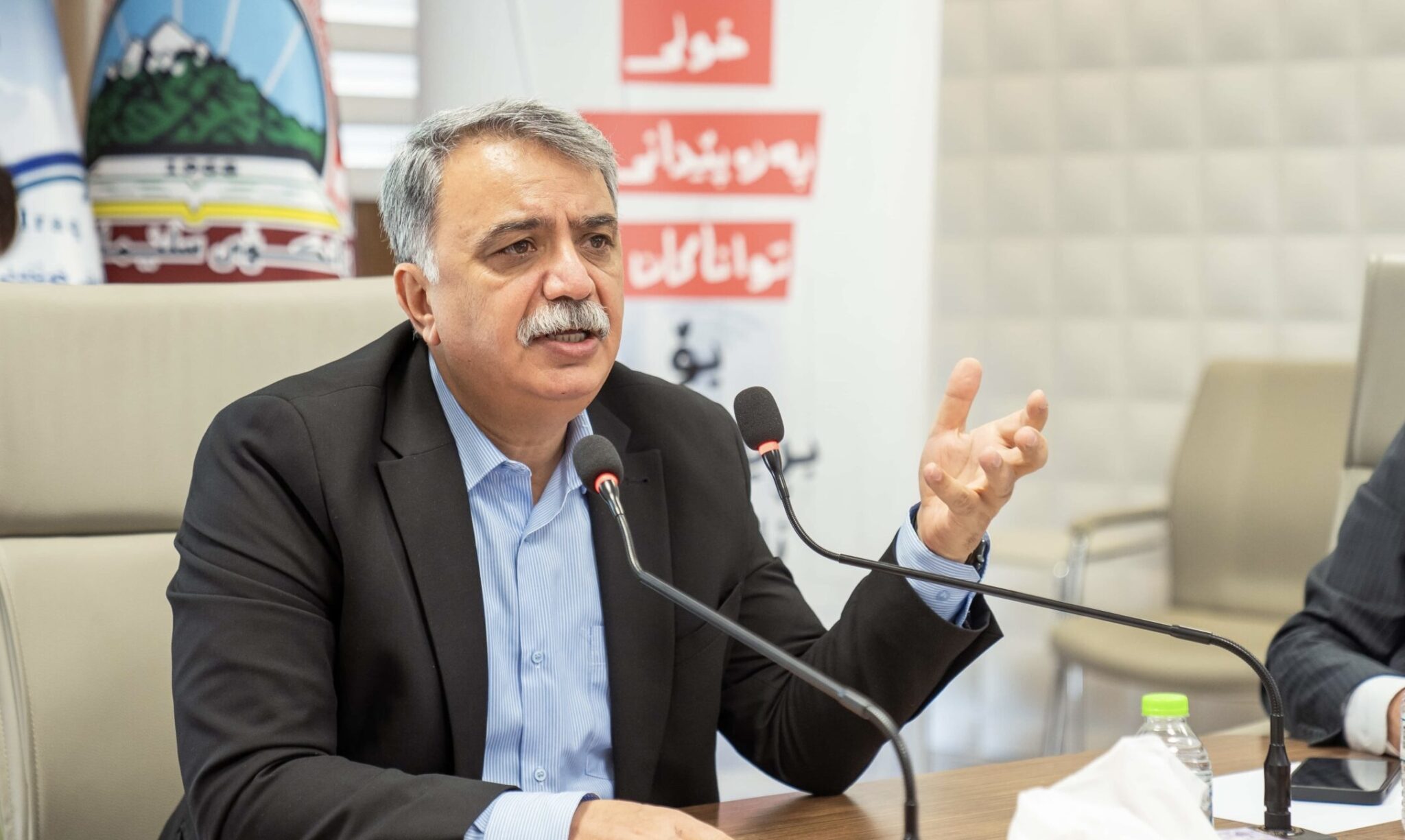Dr. Yousif Goran of the Patriotic Union of Kurdistan has celebrated the arrest of Ajaj Ahmed Hardan al-Tikriti, calling it “joyful news for all people of Kurdistan.” The PUK member praised Iraq’s First Lady for her role in capturing the notorious Nugra Salman prison supervisor.
Dr. Yousif Goran Declares Historic Victory for Justice
Dr. Yousif Goran, member of the Patriotic Union of Kurdistan’s Political Bureau, issued a powerful statement celebrating the capture of one of the Anfal genocide’s most notorious perpetrators. “The arrest of the criminal Ajaj Ahmed Hardan, who was one of the supervisors of Nugra Salman prison and is guilty of carrying out inhumane and brutal treatment against the victims of Anfal, is joyful news for all the people of Kurdistan and the families of Anfal victims in particular,” Goran declared.
The Kurdish political figure emphasized that this breakthrough represents more than individual justice. “Restoring legal justice and prosecuting this criminal will pave the way for prosecuting all Anfal criminals whose hands are stained with the blood of our people’s children,” he stated, suggesting confidence that additional arrests may follow.
Goran specifically praised the role of Iraq’s First Lady Shanaz Ibrahim Ahmed, stating: “It is appropriate that I congratulate the First Lady of Iraq, who played a key role in the arrest of this criminal. This reflects the genuine policy of unity that is followed today by President Bafel Jalal Talabani.” This endorsement highlights the unprecedented cooperation between Baghdad and Kurdistan authorities in pursuing historical accountability.
Background: The Monster of Nugra Salman
Ajaj Ahmed Hardan al-Tikriti, the subject of Goran’s celebration, served as a supervisor at the notorious Nugra Salman prison during the 1988 Anfal campaigns—a systematic genocide that targeted Iraq’s Kurdish population in eight phases. The 65-year-old war criminal, known as Hajaj among survivors, belonged to Saddam Hussein’s Al-Bu Nasr tribe and held the rank of Major in the Ba’ath regime’s intelligence services.
Located in Iraq’s southern desert near the Saudi border, Nugra Salman prison became synonymous with Kurdish suffering. Thousands of women, children, and elderly civilians were imprisoned there after being separated from young men who faced immediate execution. The facility’s harsh desert conditions, combined with systematic torture and starvation, created a living hell where many perished.
Ajaj’s identification came through disturbing photographs from the 1980s showing him eating live snakes during military training, images that helped five Halabja survivors independently confirm his identity. After the regime’s collapse in 2003, he fled to Syria’s Damascus, living in the Jaramana district while evading capture for nearly two decades.
Political Implications of the Arrest
Goran’s statement reflects broader Kurdish aspirations for comprehensive justice. His tribute to “the pure souls of the Anfal victims and all the martyrs of Kurds and Kurdistan” underscores the emotional significance of this moment for a community that has waited over 35 years for accountability.
The PUK member’s praise for the “genuine policy of unity” suggests this arrest could strengthen Baghdad-Erbil relations beyond individual criminal cases. The high-level governmental involvement, particularly the First Lady’s direct coordination, demonstrates Iraq’s current leadership views Anfal justice as a national priority rather than merely a Kurdish concern.
The Presidential Office and First Lady’s office have established formal channels for survivors to register complaints against Ajaj, creating institutional mechanisms that could be applied to other suspected war criminals. This systematic approach represents significant evolution in addressing Ba’ath regime atrocities and validates the Kurdish community’s decades-long struggle for recognition and justice.


